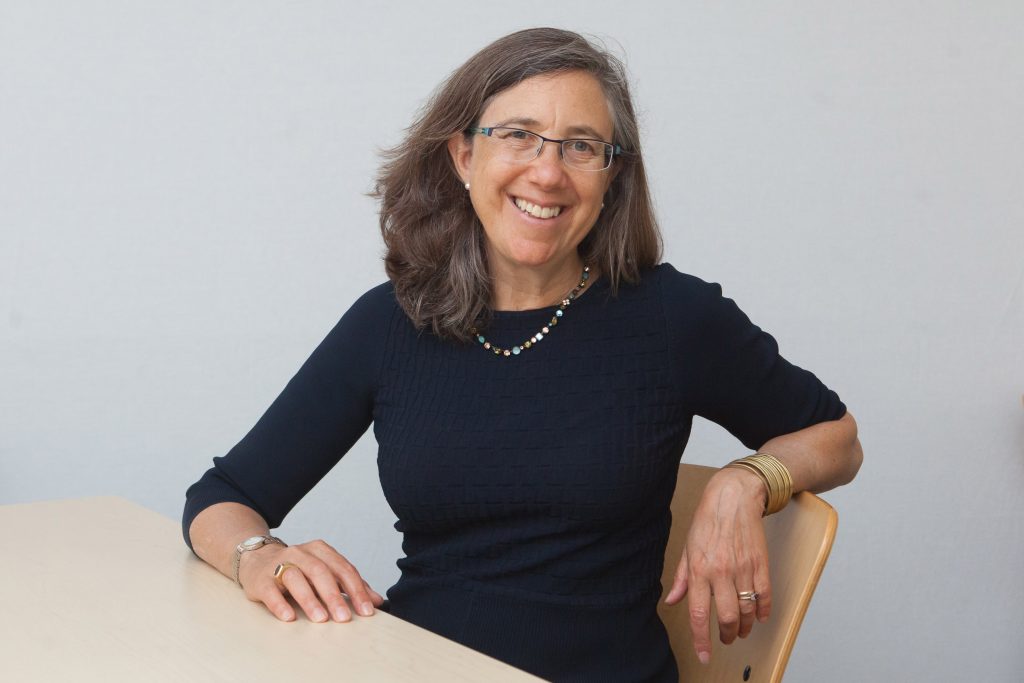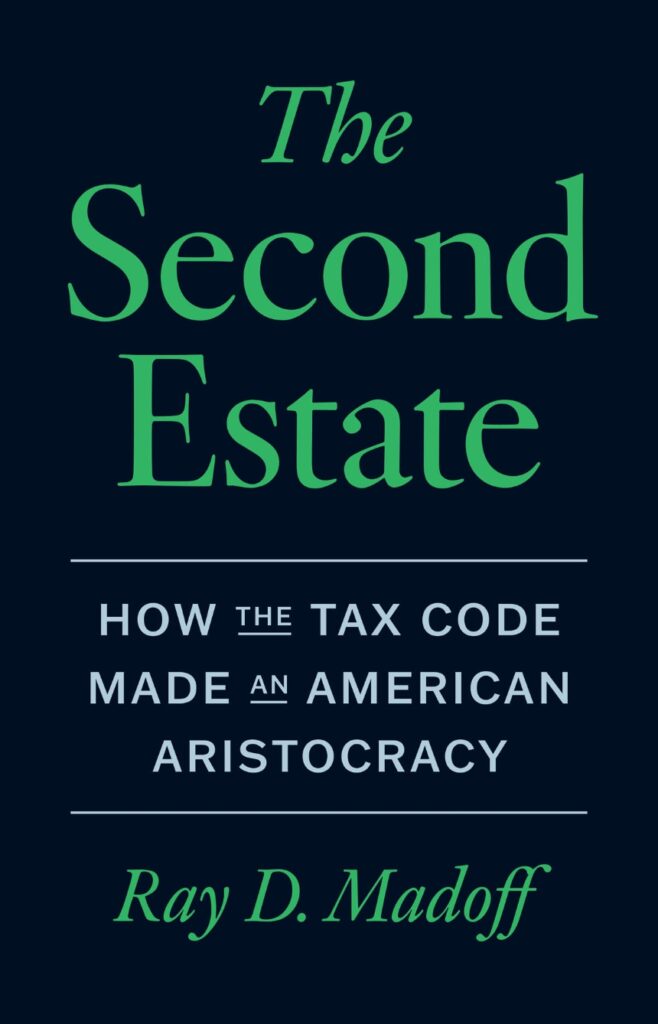Professor Ray Madoff is already garnering praise for her forthcoming book, The Second Estate: How the Tax Code Made an American Aristocracy. Set to be released in October, the book was chosen by the editorial board of the University of Chicago Press to be the lead title of their Fall catalog, comprising more than 600 new books being published this year.
In The Second Estate, Madoff explores what she sees as a central driver of economic inequality in the US: its tax code. In her latest work, the widely read expert on tax policy and philanthropy, who has authored two previous books, unpacks the baroque tax code to explain how it is that the wealthiest Americans came to be written out of the tax system.
“While the American tax system was designed to serve as a counter to inequality, imposing its greatest burdens on those with the greatest capacity to pay,” Madoff explained, “today, it does just the opposite: imposing its greatest burdens on earners at all income levels, while those with high wealth, get a free pass.” In this way, America’s wealthy today are much like the aristocracy of pre-revolutionary France—formally called the Second Estate—a group who were given special privileges including the right to not pay taxes.
Beyond explaining the current situation, the book also tells the story of how we got here and what can be done to ensure that all Americans share the carrying costs of government.
As Jonathan Levy, author of Ages of American Capitalism, wrote, “No one but Ray Madoff could write a page-turner on the US tax code. The Second Estate is a startling exposé of how the richest Americans are accumulating wealth in ways that are nearly, if not completely, tax-free…It’s essential reading for anyone interested in the rise of economic inequality and extreme wealth.”
Madoff teaches Trusts and Estates, Estate and Gift Tax, Estate Planning and a seminar on Taxing the Rich. She is co-founder and director of the Boston College Law School Forum on Philanthropy and the Public Good, a non-partisan think tank that considers questions regarding whether the rules governing philanthropy best serve the public good. Prior to entering academia, Madoff was a practicing attorney for nine years in New York and Boston.



